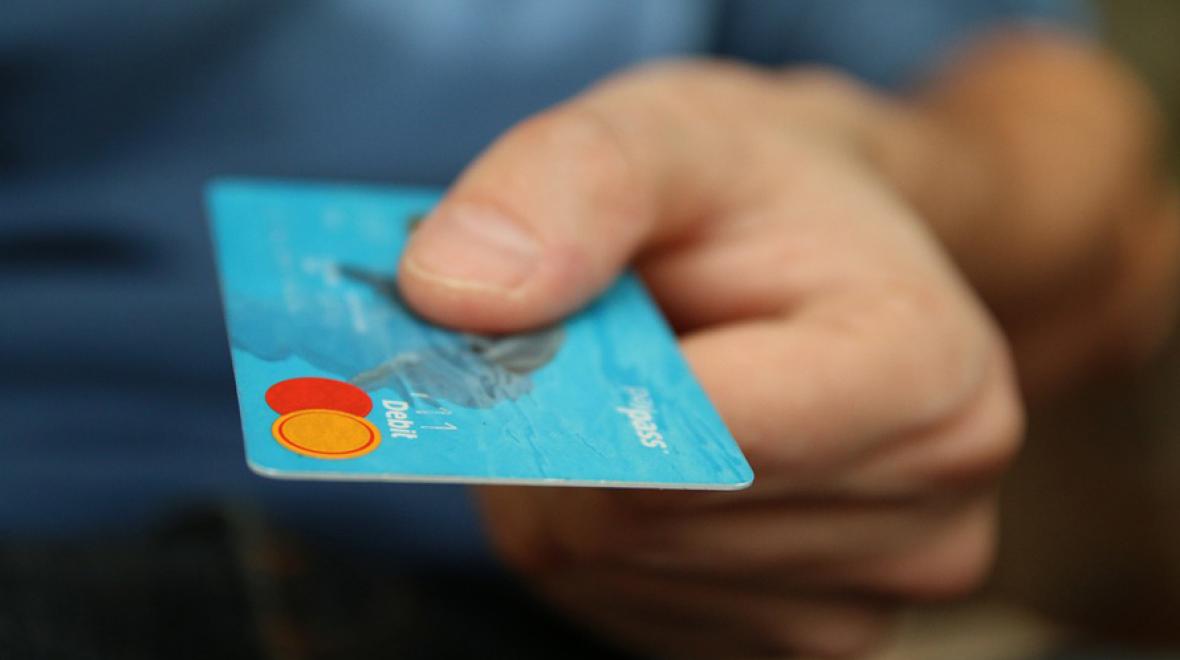
College is one of the most educational periods of a young person’s life. These malleable minds are immersed in rigorous coursework while learning to navigate life outside the safety of their childhood homes. For all the personal growth and intellectual maturation that takes place during those formative years, most college students feel woefully shortchanged when it comes to their financial education.
While a recent Experian study found that 69 percent of students surveyed had student loan debt, less than half of those respondents had read their credit reports or checked their credit scores. One in five respondents said their schools failed to teach them about credit scores, although they felt moderately more knowledgeable about debt management and personal budgeting.
Parents might seem like the natural first line of defense against these financial blind spots, but the National Foundation for Credit Counseling reports that only 40 percent of U.S. adults regularly keep a budget. On top of that, nearly 30 percent of U.S. adults have no retirement savings. Given those unfortunate numbers, it’s no wonder parents are reticent to talk to their kids about personal finance. It’s tough to offer advice about something you have not mastered.
It’s up to you to help your children establish a healthy relationship with credit.
Even financially responsible parents are hesitant to encourage their kids to experiment with credit, which explains why only 23 percent of college students have credit cards. Parents might fear their children will use credit for nonessential items, maxing out their cards and ruining their credit history before it ever has a chance to flourish. But avoidance is never the answer. Teaching children healthy financial habits early on will help them avoid stress and uncertainty down the road.
Colleges and universities will imbue your children with mountains of priceless knowledge, but personal finance typically isn’t part of the standard curriculum. It’s up to you to help your children establish a healthy relationship with credit.
Education begins at home
When my son started college, I helped him sign up for his first credit card. We spoke at length about the responsibilities associated with credit. He worked a part-time job to ensure he didn’t miss payments on his card, which he only used to pay for gas, books and school supplies. To this day, he has managed to maintain a stellar credit history.
I share this not to brag but to illustrate the value of teaching your kids about credit. Encouraging them to open a line of credit before they leave for college creates an opportunity to teach them about financial responsibility. It also opens the door to important conversations about debt management. Here are a few things to keep in mind as you begin those conversations.
Introduce credit fundamentals. If you’re wary of setting your children loose with a credit card, consider adding them as authorized users on one of your accounts. Their credit report will get a boost from your credit history, and you’ll be able to keep tabs on how they use the card. It’s important for your kids to learn from their mistakes, but credit habits can be difficult to break once debt accumulates. Making your kids authorized users allows you to offer a guiding hand if they mistake a late-night beer run for an emergency.
These important credit conversations should begin long before your kids leave for college.
While you’re covering credit fundamentals, spend time discussing common credit gimmicks such as free offers and bonuses. Opening too many cards at once can tank your kids' credit score, and a sudden flood of available credit could cause them to rack up high-interest debt. Credit newcomers are better served by opening one high-quality card, charging the essentials and paying off the balance monthly to build their credit history.
Lead by example. Give your kids concrete examples of times when credit can cover essential purchases. Perhaps their student loan funds have not been disbursed and they need to buy books. Maybe they’re waiting on a paycheck and need to charge some groceries to tide themselves over. Credit cards are appropriate in both situations because your children know they will be able to pay off the balance before their bills come due.
You might also encourage them to put cellphone payments or other small recurring charges on their credit cards. They’re paying these routine costs every month, so charging these expenses and then paying off the full balance can help them demonstrate good credit management.
Discuss the costs of minimum monthly payments. Have your kids identify the interest rates on their cards and calculate the amount they would pay on a $500 or $1,000 charge once interest is factored in. Hard numbers will motivate them to think twice before offering to supply Friday night pizza for their dorm buddies.
If your children make mistakes and max out their credit cards, emphasize that they should still make their minimum monthly payments. Nothing destroys a credit score as quickly as skipped or ignored payments. Help your kids set a budget to pay down their cards as quickly as possible, emphasizing the necessity of at least making minimum payments on time.
These important credit conversations should begin long before your kids leave for college, but be sure to treat the situation as an ongoing discussion. The temptation to charge a few drinks or late-night snacks here and there is tempting, so offer gentle reminders whenever possible. Emailing your college students an article about healthy credit habits could be the jolt they need to curb their spending impulses and cultivate great credit.











